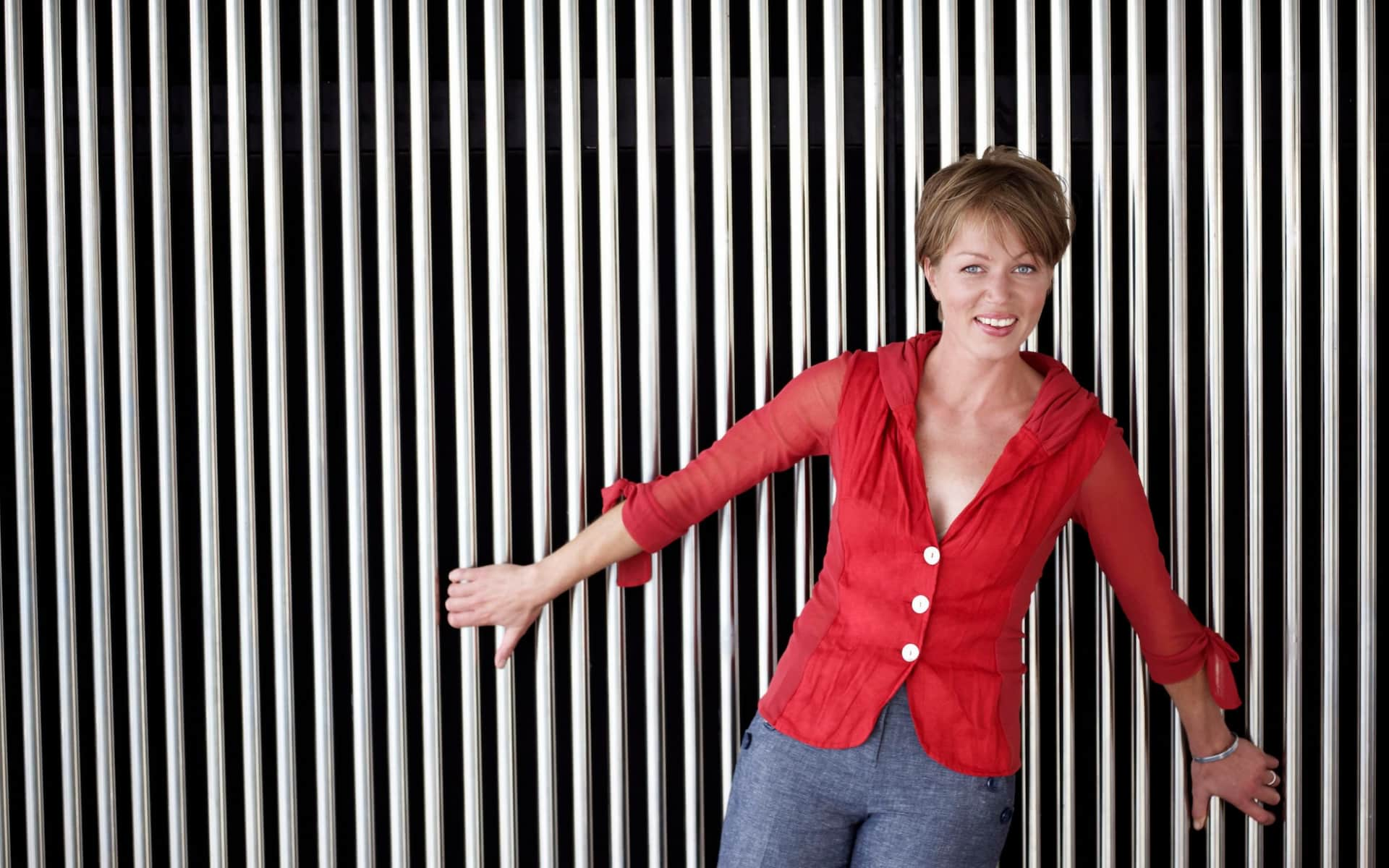Humans used to cling onto the belief that however powerful robots become they will never replace our capacity for that essential sentient quality, humour. But it now appears that androids are even capable of comic timing.
copyright by www.telegraph.co.uk
 It has emerged that the BBC has harnessed artificial intelligence (AI) to make a number of comedy panel and discussion shows staged at this year’s Edinburgh Festival. While the use of AI to operate cameras has become increasingly common, this was one of the first cases of robots being used to direct a programme. It was possible because the cuts normally decided on by a programme director were relatively simple, involving the switch from one panellist to another when they came to speak, rather than an artistic decision about the flow and structure of a dramatic narrative. The programmes were recorded at George Heriot School and included the satirical current affairs quiz Breaking the News, the Janice Forsyth Show, Jazz Line up, Late Junction and Global Beats – which showcases some of the best up and coming musicians from around the world.
It has emerged that the BBC has harnessed artificial intelligence (AI) to make a number of comedy panel and discussion shows staged at this year’s Edinburgh Festival. While the use of AI to operate cameras has become increasingly common, this was one of the first cases of robots being used to direct a programme. It was possible because the cuts normally decided on by a programme director were relatively simple, involving the switch from one panellist to another when they came to speak, rather than an artistic decision about the flow and structure of a dramatic narrative. The programmes were recorded at George Heriot School and included the satirical current affairs quiz Breaking the News, the Janice Forsyth Show, Jazz Line up, Late Junction and Global Beats – which showcases some of the best up and coming musicians from around the world.
Possibility to cover more
Matthew Postgate, the BBC’s chief technology and product officer, has said the emergence of AI marks a “profound” shift in the way the BBC will solve problems and serve audiences. He said one potential use is to increase the range of live events the BBC is able to cover. It may extend to live broadcast events, such as music concerts, where the cameras are usually focused on a limited number of points of action But he added: “The computer is standing on the shoulders of a generation of TV directors to establish when to cut from someone speaking to another person reacting. This is about augmenting what humans do, not replacing them. “We aren’t trying to replace TV directors, but because we don’t have infinite resource, this could open up the number of events we can cover.”
Lots to yet learn
However Mr Postagate said AI was a long way from being able to direct genres such as drama or sit com, where the range of options used to express an artistic or editorial vision is almost infinite and dependant on human creativity. “If panel shows and some sports and new programmes are at one end of the spectrum then drama is at the other. It’s the area that’s perhaps the most immune to AI production,” he said. BBC sources have said the Edinburgh Festival provided a good platform during which to trial the use of AI to direct shows. […]
read more – copyright by www.telegraph.co.uk


Humans used to cling onto the belief that however powerful robots become they will never replace our capacity for that essential sentient quality, humour. But it now appears that androids are even capable of comic timing.
copyright by www.telegraph.co.uk
Possibility to cover more
Matthew Postgate, the BBC’s chief technology and product officer, has said the emergence of AI marks a “profound” shift in the way the BBC will solve problems and serve audiences. He said one potential use is to increase the range of live events the BBC is able to cover. It may extend to live broadcast events, such as music concerts, where the cameras are usually focused on a limited number of points of action But he added: “The computer is standing on the shoulders of a generation of TV directors to establish when to cut from someone speaking to another person reacting. This is about augmenting what humans do, not replacing them. “We aren’t trying to replace TV directors, but because we don’t have infinite resource, this could open up the number of events we can cover.”
Lots to yet learn
However Mr Postagate said AI was a long way from being able to direct genres such as drama or sit com, where the range of options used to express an artistic or editorial vision is almost infinite and dependant on human creativity. “If panel shows and some sports and new programmes are at one end of the spectrum then drama is at the other. It’s the area that’s perhaps the most immune to AI production,” he said. BBC sources have said the Edinburgh Festival provided a good platform during which to trial the use of AI to direct shows. […]
read more – copyright by www.telegraph.co.uk
Share this: